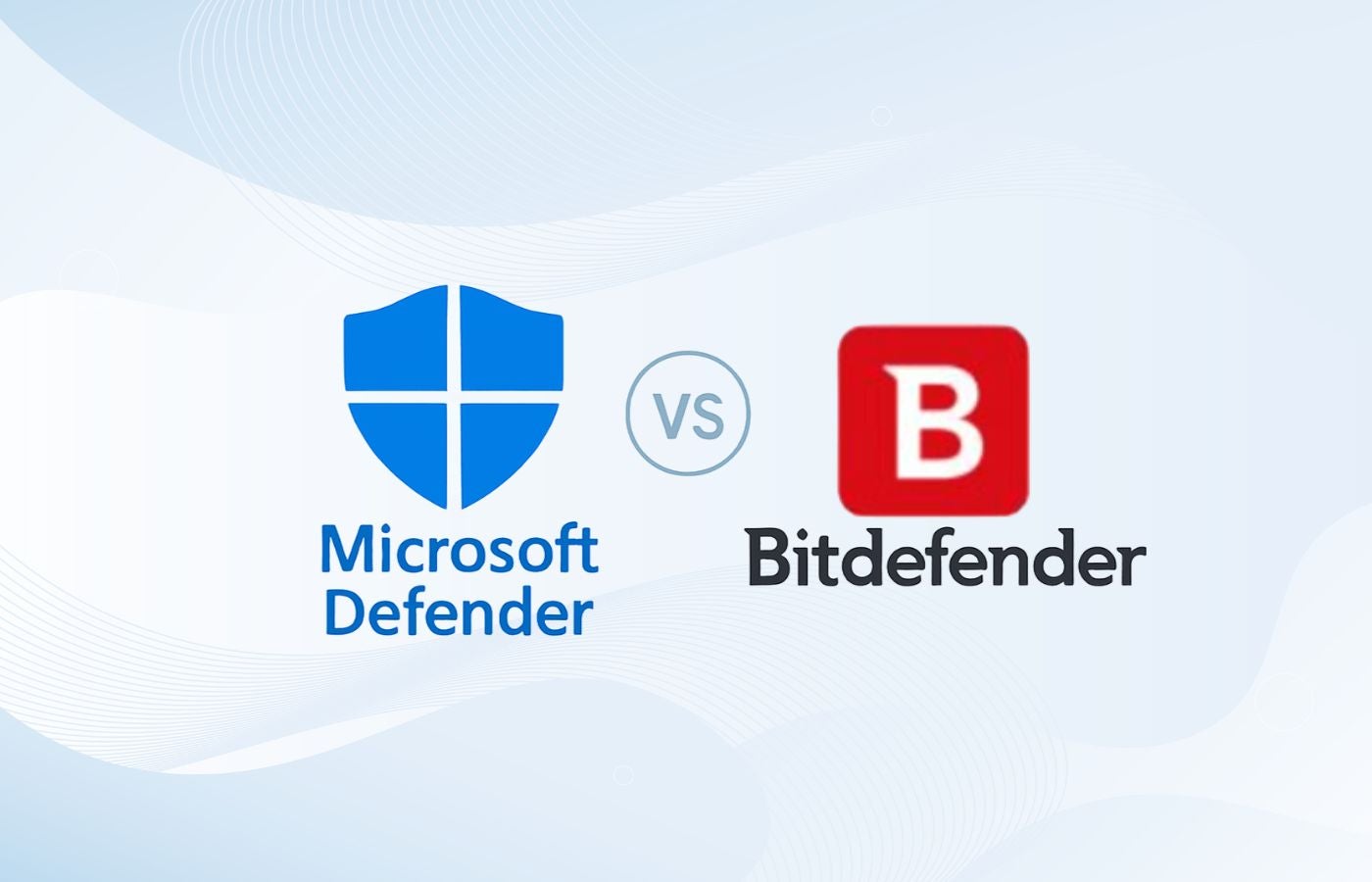According to the results of a recent survey of 2,000 U.S. consumers, 52 percent of respondents would consider paying more for the same products or services from a provider with better data security, and the same percentage said security is an important or main consideration when making purchases.
The survey, conducted in April 2016 by Vanson Bourne and commissioned by FireEye, also found that 78 percent of consumers are cautious about organizations’ ability to keep their data safe, and 54 percent of consumers feel more negatively about organizations that have been breached.
“Unfortunately, large cyber attacks and data breaches are becoming more commonly associated with brand names in the United States,” FireEye senior vice president and CTO Grady Summers said in a statement.
“After major data breaches, organizations often attempt to regain customer trust through initiatives such as free monitoring or other compensation,” Summers added. “But this research finds that, despite these efforts, the cost of the attacks — both financially and in damaged reputations — remain for long after the breach.”
Seventy-two percent of respondents said they now share less personal information with companies than they used to.
Fully 90 percent of respondents said they expect to be informed within 24 hours if their service provider has suffered a data breach which could have compromised their data, and 59 percent said they would take legal action against a company if a data breach resulted in their personal information being used for criminal purposes.
Seventy-six percent of consumers said they would likely take their business elsewhere in response to negligent data handling practices, and 75 percent said they would likely stop purchasing from a company if a data breach was found to have been linked to the company’s board failing to prioritize cyber security.
“As the results tell us, consumers are more aware and increasingly willing to protect their data — not only by sharing less personal information, but also by taking their business elsewhere,” Summers said. “Brands must now realize that data protection is something customers have come to expect and investments in security can create a competitive advantage in today’s world of growing cyber attacks.”
Those cyber attacks, of course, can come from a wide variety of vectors. A separate survey of more than 320 IT professionals found that while 95 percent of respondents believe a data breach at a third-party supplier or partner could expose valuable data, only 44 percent said their organizations require partners and suppliers to pass security audits before they sign a contract with them.
The survey, commissioned by Tripwire and conducted by Dimensional Research, also found that 25 percent of respondents don’t evaluate whether suppliers meet their security requirements, and 34 percent acknowledged that they work with suppliers and partners that fail to meet their security standards.
“Every organization needs to evaluate the security risks associated with their business partners,” Tripwire director of IT security and risk strategy Tim Erlin said in a statement. “Partnerships provide an important growth mechanism for organizations today, but they also introduce risk. Organizations must invest in securing their points of interaction with partners.”
A recent eSecurity Planet article examined 5 best practices for reducing third-party security risks.




